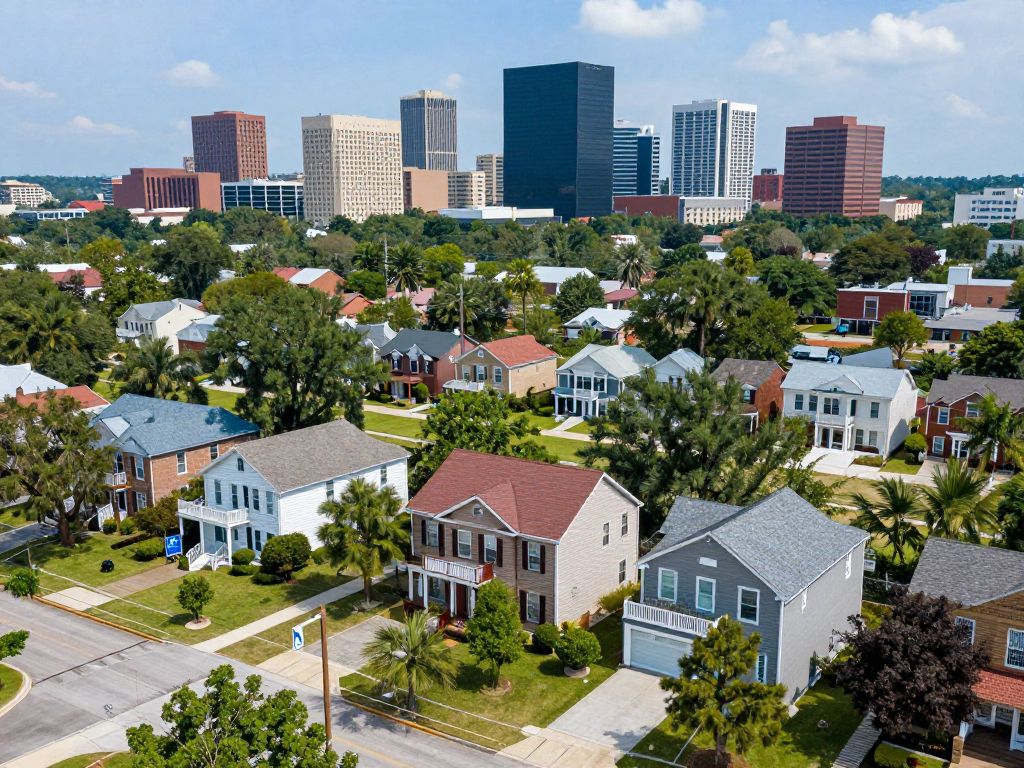News Summary
Charleston residents are facing a wave of scam text messages falsely claiming debts owed to the DMV. These schemes often include personal details to enhance credibility, deceiving many into making immediate payments. Authorities warn against engaging with these texts, which can lead to lasting financial repercussions. The public is urged to report suspicious texts to the police and to independently verify any claims resembling the scams. The increase in scam activity poses a growing concern for financial security in the community.
Charleston, S.C. – Residents of Charleston and across West Virginia are facing a surge in scam text messages that falsely claim they owe money to the Department of Motor Vehicles (DMV). These fraudulent communications often demand payments “effective immediately” and have become increasingly sophisticated, raising concerns among local authorities.
According to Sgt. Chris Stenson from the Charleston Police Department, these scams have already deceived numerous individuals, resulting in financial losses that total several thousand dollars. The scam messages frequently include personal details such as names and addresses, making them appear more credible and increasing the likelihood that people will respond.
Nature of the Scam
The Better Business Bureau (BBB) emphasizes that clicking on links within these scam texts can lead to the installation of malware on victims’ devices, potentially putting their banking information at risk. The BBB also warns that individuals who engage with these texts, possibly by replying with “stop” in hopes of halting further messages, are inadvertently confirming their active status to scammers. This can lead to further targeting by the fraudsters.
In 2024, the median loss reported by victims of various scams was $150, with older adults over the age of 65 being the most frequently targeted demographic. The recent spike in scam activity shows an alarming trend, with an increase in both frequency and sophistication each year.
Warning from Authorities
Authorities have made it clear: no legitimate government agency will request payment through text messages. Residents are urged to report any suspicious texts to the police and to consult with authorities or utilize official agency contact numbers to verify the accuracy of any claims made in these messages.
In West Virginia, the DMV is also combating similar scams that threaten residents with fake notices demanding immediate payment for unpaid toll accounts. These messages falsely warn of pending enforcement actions such as vehicle registration suspension and driver’s license revocation. The West Virginia DMV has clarified that it does not send out text messages, reinforcing their warning against engaging with these scam attempts.
Public Precautions
Individuals are advised to delete any suspicious texts without engaging and to independently confirm any claims that resemble the fraudulent messages. Taking proactive measures can help prevent victimization, as the scammers continue to refine their tactics to exploit the public.
Conclusion
The rise of scam text messages in Charleston and West Virginia is a growing concern that threatens financial security for many residents. As scammers become more adept at mimicking legitimate channels, public vigilance is essential in recognizing and avoiding these fraudulent schemes. Authorities continue to encourage community members to stay informed and to report suspicious activity to safeguard themselves and others in their communities.
Deeper Dive: News & Info About This Topic
HERE Resources
Charleston and York Counties Shocked by Financial Scam Arrests
Greenville Residents and Businesses Targeted by Phone Scams
Additional Resources
- ABC News: Charleston Residents Targeted by Scam Texts
- Wikipedia: Scamming
- WSAZ: DMV Warns of Text Message Payment Scam
- Google Search: Scam Text Messages
- WOAY: DMV Warns About Text Scam
- Encyclopedia Britannica: Fraud
- WCHS: DMV Warns of Text Message Scams
- WTAJ: Pennsylvanians Warned About PennDOT Text Scam

Author: STAFF HERE CHARLESTON
The CHARLESTON STAFF WRITER represents the experienced team at HEREcharleston.com, your go-to source for actionable local news and information in Charleston, Charleston County, and beyond. Specializing in "news you can use," we cover essential topics like product reviews for personal and business needs, local business directories, politics, real estate trends, neighborhood insights, and state news affecting the area—with deep expertise drawn from years of dedicated reporting and strong community input, including local press releases and business updates. We deliver top reporting on high-value events such as the Spoleto Festival USA, Charleston Wine + Food Festival, and the MOJA Festival. Our coverage extends to key organizations like the Charleston Metro Chamber of Commerce and the Charleston Museum, plus leading businesses in tourism and maritime industries that power the local economy such as South Carolina Ports Authority and the Charleston Visitor Center. As part of the broader HERE network, including HEREaiken.com, HEREbeaufort.com, HEREchapin.com, HEREcharleston.com, HEREclinton.com, HEREcolumbia.com, HEREgeorgetown.com, HEREgreenwood.com, HEREgreenville.com, HEREhiltonhead.com, HEREirmo.com, HEREmyrtlebeach.com, HEREnewberry.com, HERErockhill.com, HEREspartanburg.com, HEREaustin.com, HEREcollegestation.com, HEREdallas.com, HEREhouston.com, and HEREsanantonio.com, we provide comprehensive, credible insights into South Carolina's dynamic landscape.





